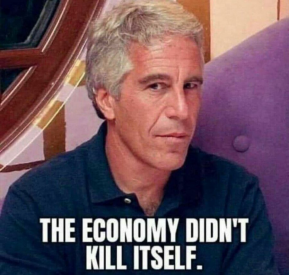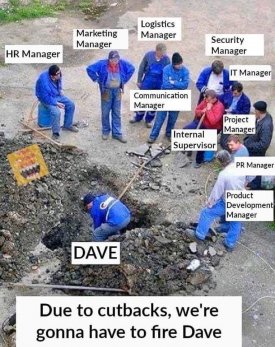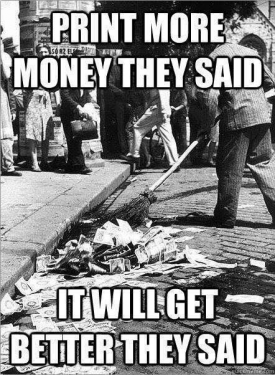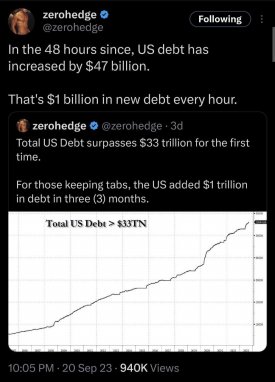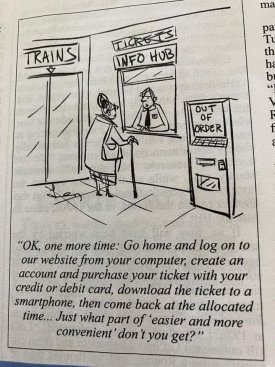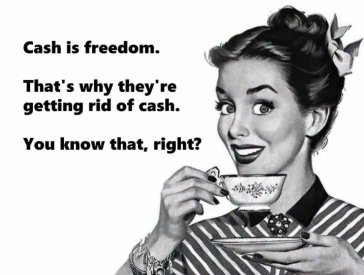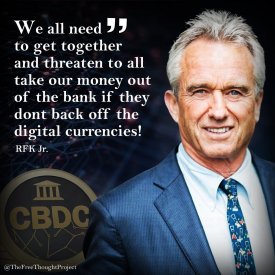Mike
Installeer de app
How to install the app on iOS
Follow along with the video below to see how to install our site as a web app on your home screen.
Opmerking: This feature may not be available in some browsers.
Je gebruikt een verouderde webbrowser. Het kan mogelijk deze of andere websites niet correct weergeven.
Het is raadzaam om je webbrowser te upgraden of een browser zoals Microsoft Edge of Google Chrome te gebruiken.
Het is raadzaam om je webbrowser te upgraden of een browser zoals Microsoft Edge of Google Chrome te gebruiken.
(financiële) toestand in de wereld
- Onderwerp starter corneliahz
- Startdatum
Warrior of light
Well-known member
interessant interview een moslim interviewt een christen over het rente (banken)systeem. Anthony legt het duidelijk uit wat mij betreft, meeste wist ik al wel. Even eerste minuut doorspelen want irritante reclame:
GNG!
Mike
Mike
Medusa
Well-known member
Ze hebben zelfs de voormalige baas van de centrale bank gearresteerd, die in voorlopige hechtenis blijft.
“Goed nieuws, de 2030-agenda loopt steeds meer averij op,” merkt jurist Jeroen Pols op. “Ook de CBDC verloopt niet volgens plan, het experiment in Nigeria is mislukt.”
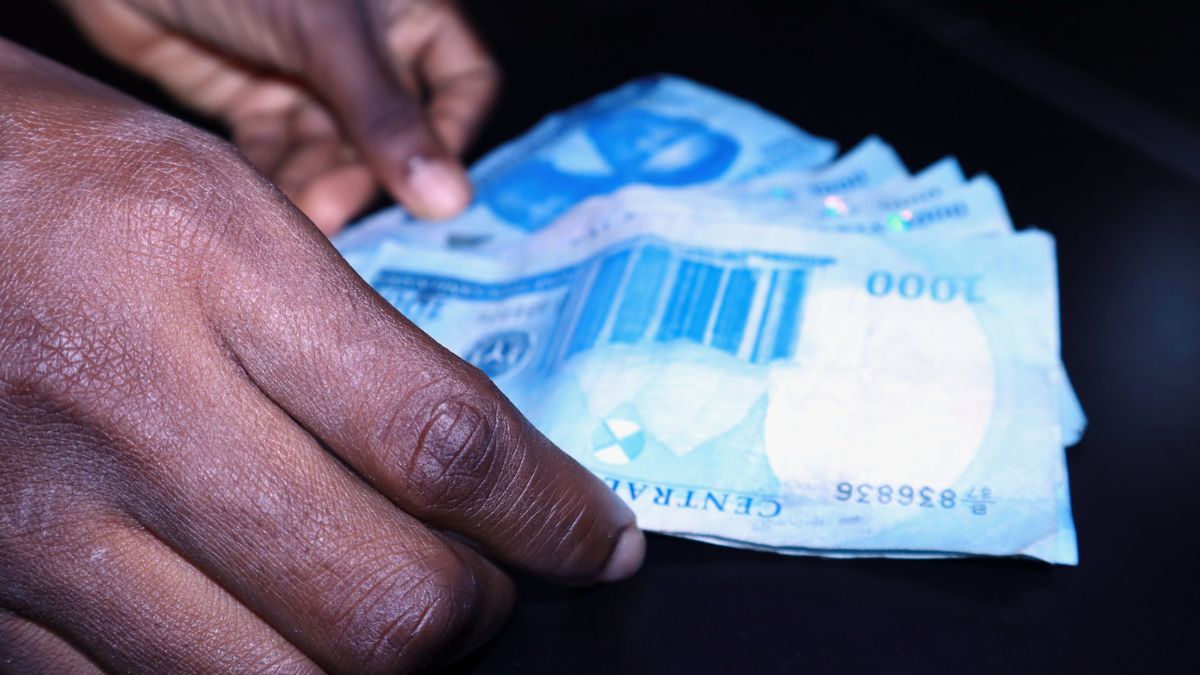
2030-agenda loopt steeds meer averij op: zo reageert Nigeria op de CBDC
Na maanden van protesten geeft de Nigeriaanse overheid het eindelijk op.
www.ninefornews.nl
Geschiedenis 'legaliserering' van globale diefstal van al onze bezittingen door de 'beschermde klasse' 
Het boek The Great Taking is gratis te downloaden:
sommige browsers blokkeren deze download autonatisch
Het boek The Great Taking is gratis te downloaden:
sommige browsers blokkeren deze download autonatisch
Fries Foar Frijhiid
Well-known member
Geschiedenis 'legaliserering' van globale diefstal van al onze bezittingen door de 'beschermde klasse'
Het boek The Great Taking is gratis te downloaden:
sommige browsers blokkeren deze download autonatisch
Interessante passage uit de proloog:
For me, “being known” has never been a wise or desirable objective, unless it has been to accomplish some essential purpose. And now my purpose is this: it is so that what I am trying to tell you might be heard and understood. We are in danger. And so I will risk telling you my personal story.
I am old enough to remember the JFK assassination. I was sitting in the little basket in the front of a shopping cart at Fazio’s grocery store on Lee Road when the announcement was made over the speaker. A woman standing nearby burst into tears.
Within a few years of the assassination, we were living the industrial collapse of the U.S. For a boy in a family of engineers, in the crane and hoist business, in Cleveland, the years ahead would be very much like living through the Great Depression. In the summer of 1966, a portion of the city was burned in the Hough Riots. The National Guard was called in and placed machine gun nests on roofs. On top of the riots, little Webb Equipment was being targeted by the Teamsters Union; windshields were smashed with baseball bats. Due to the threat of Molotov cocktails, records were moved out of the office, and roofs were hosed down at night. It was like living in a war zone, and it was going to get much worse. There would never be a “recovery.” There would be complete destruction of everything we had known.
By the early 1970’s, the family business, which had once had eighty men in “the shop”, was down to one, Ladislaus Horvath, earlier known as “Little Laddie”, being the son of the elder of the same name who had worked for my grandfather. Laddie, who had been a helicopter mechanic in Vietnam and could do absolutely everything, later told me that he had thought he would go crazy, there having been absolutely nothing even for him to do. The business activity had gone to zero.
Under extremely difficult and worsening circumstances, my father had been left without the support of his father and brother, but with full responsibility for everything, which he had never wanted. Stress was slowly killing him. He developed chronic asthma, became depressed and angry, and often stayed in bed.
In the years ahead, I discovered that something in my father necessitated that I be put to work under increasingly unpleasant and even dangerous circumstances. When I was twelve, I became seriously ill after being pressed to work when I was already ill. By thirteen, I was “the low man on the totem pole” at the shop, as described by one of the guys at my father’s funeral. It was hot, dirty, and sometimes quite dangerous. I could easily have lost fingers, my eyesight or worse. Excelling in school remained a given, but hard labor marked the remainder of boyhood.
Consequently, by the age of twelve, I had become a student of the Great Depression and of the mysteries of the Federal Reserve (the “Fed”). I knew then that the Federal Reserve System had been secretly planned at a meeting on Jekyll Island, that gold owned by the public had been confiscated in the Depression, and that Nixon had recently taken the dollar off the gold standard.
Coincidentally, Dad had also been twelve at a traumatic time when, in March of 1933, they closed the banks and confiscated gold. He was named for his maternal grandfather, who, in the weeks before the Panic of 1907, the crisis atmosphere of which was used to justify the creation of the Federal Reserve System, had been shot from behind, in the neck, in the middle of the night, on the staircase of his home near Euclid Avenue. The murder was never solved. While it had been mentioned in newspapers from New York to Alaska at the time, the history had been kept from my father. Dad went down to the public library and dug into microfiche of these old articles, which he copied. He showed me a shoebox full of them. His grandfather was described as a “wealthy coal operator.” I have seen records of his accumulation and sale in 1905 of coal rights on more than 800 acres in Mahoning County, having retained rights to drill through the coal seam for oil (which his descendents theoretically have still).
Forum statistieken




